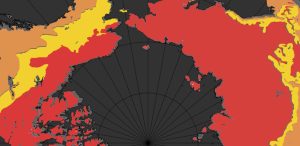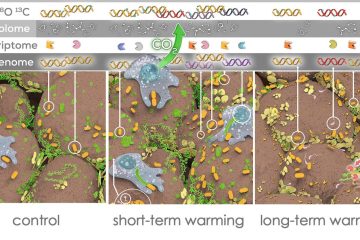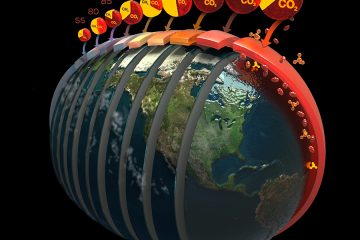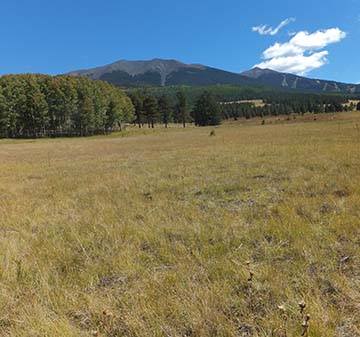Global Change Synthesis
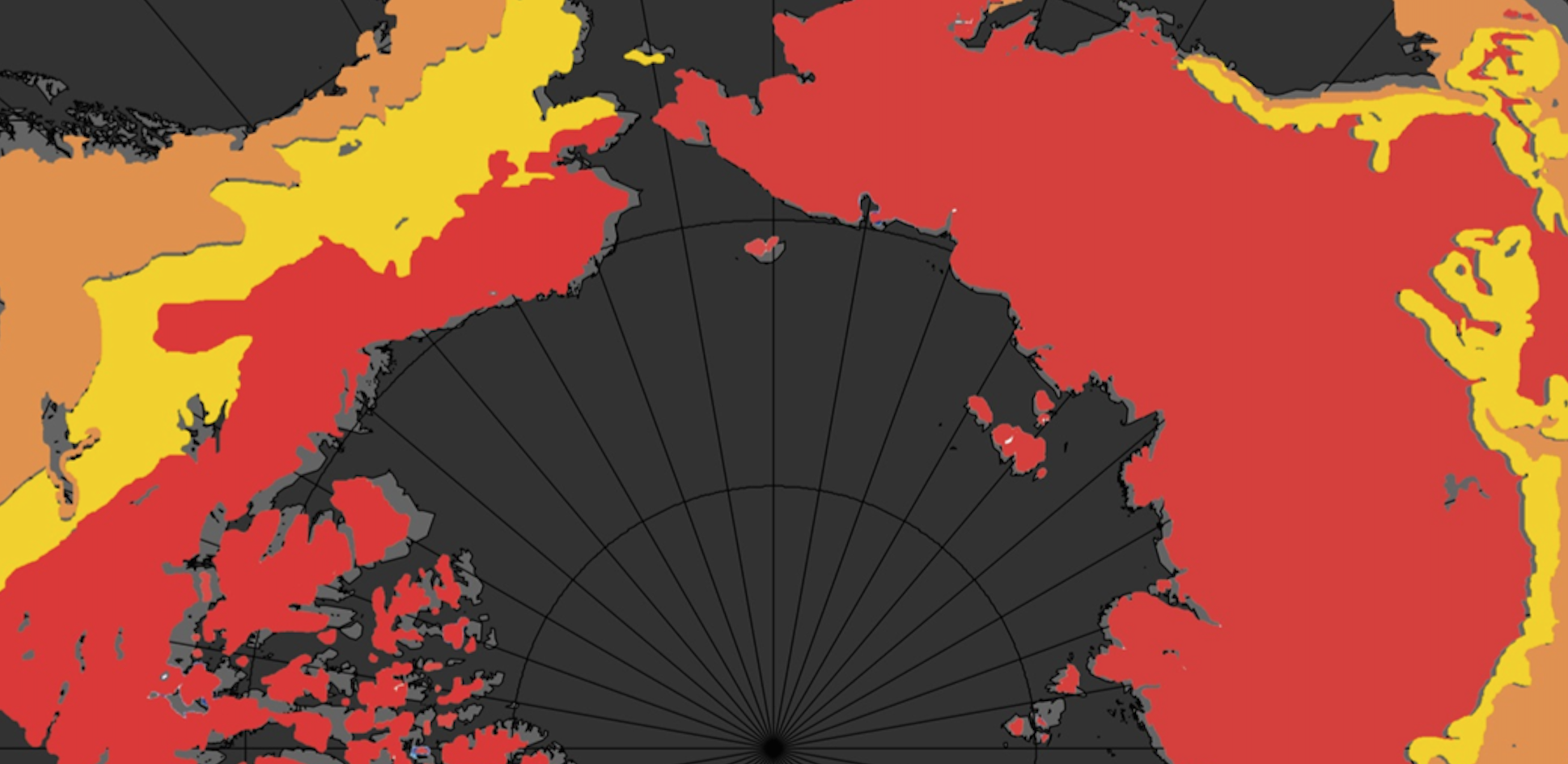
Thousands of researchers worldwide are studying how global change affects ecosystems. Using models and field experiments, they add to our understanding of this area each day. However, individual studies sometimes only tell part of the whole story. By combining results from large numbers of studies, we can discern large-scale patterns across ecosystems, and make better estimates of how global change will affect our environment. Our work on global change synthesis combines several statistical techniques with modeling approaches.
Meta-Analysis
Over the past several decades, scientists have conducted hundreds of experiments investigating responses of ecosystems to global environmental change. Ecoss synthesizes many of these responses using a statistical technique called meta-analysis. This approach considers all the measurements together and quantifies the overall response, testing whether responses vary among ecosystems, climate regimes, and management practices (for instance, fertilizer addition). For more detailed information about specific meta-analysis topics click here.
Confronting Ecosystem Models with Experiments: Data Assimilation
Using a technique called data-assimilation, we can inform existing ecosystem models with measurements from field experiments. In combination with meta-analysis, this approach becomes a powerful statistical tool to improve our predictions of ecosystem responses to global change. We recently used data-assimilation to study the effect of warming and CO2 enrichment on ecosystem carbon dynamics. Details can be found here.
Permafrost Carbon Network
The Permafrost Carbon Network is part of the Permafrost Action Team of the Study of Environmental Arctic Change (SEARCH) project. The SEARCH project, headed by the University of Alaska Fairbanks as the lead institution and Northern Arizona University as one partner, is a system-scale, cross-disciplinary research program that seeks to connect the science of Arctic change to decision makers. The objective of the Permafrost Carbon Network is to link biological carbon cycle research with networks in the physical sciences focused on the thermal state of permafrost. The network has produced multiple synthesis products that can be assimilated by biospheric and climate models which will contribute to future global environmental assessments, including the Intergovernmental Panel on Climate Change. More details to the network can be found here.
